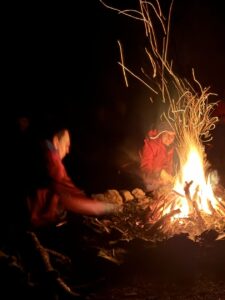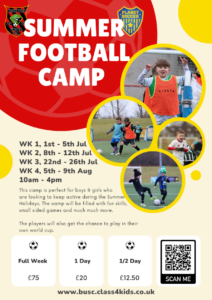11.3.24
The children were excited to arrive at Lendrick Muir this morning. They firstly had lots of fun singing on the bus as they made their way from school. On arrival they had a tour of the site, allocated activity groups and played a wide game called Octoball!
It was soon lunch time and on the menu today was sandwiches, crisps and a chocolate biscuit. The children also were able to select as much fruit as they would like.
After lunch they all took part in a Sustainability activity and investigating the grounds before working in groups to build a mini town design challenge from any materials on the forest floor. They presented their models before a disaster struck and their towns may be hit by a natural disaster such as a flood or mudslide. They had to quickly build defences and were happy to report that the population of their mini towns all survived!
The children enjoyed some free time in their rooms and found out who they’d be sharing with for the next two nights! They then enjoyed dinner time before heading down to the camp fire! They sang songs, told jokes as well as toasting marshmallows or milky ways! Lots of smiling faces around the camp fire.
They had a spot of supper, some relaxing movie time and are now in bed! Plenty of rest before making more fantastic memories tomorrow!
Good night! From P7






